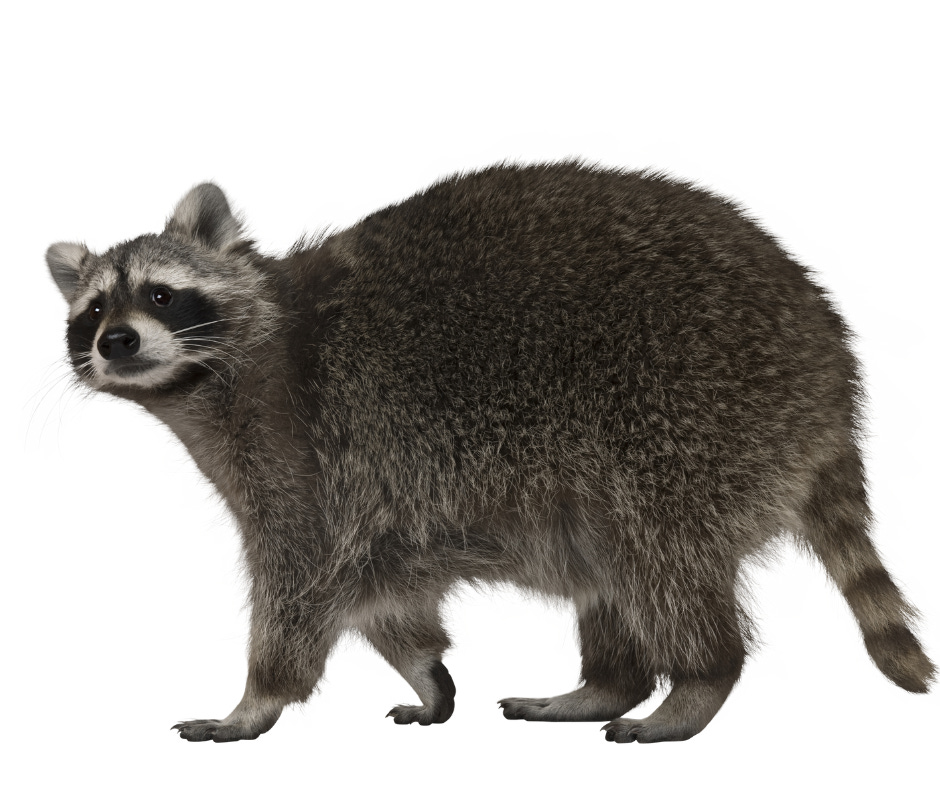Preventing Baylisascaris Procyonis Infection in Humans
By following these guidelines, you can minimize the risk of Baylisascaris procyonis infection.
Baylisascaris procyonis, commonly known as the raccoon roundworm, is a parasitic worm found in raccoons. While raccoons are the primary hosts, humans can become accidental hosts, leading to severe and sometimes fatal health problems. Understanding how to prevent infection is crucial for safeguarding your health and your loved ones. This article outlines key prevention strategies to minimize the risk of contracting this parasite.
Understanding the Risk
Baylisascaris procyonis eggs are shed in raccoon feces and can remain viable in the environment for years. Humans can become infected by accidentally ingesting these eggs, which can occur through direct contact with contaminated soil, water, or objects. Young children, outdoor enthusiasts, and those living in areas with high raccoon populations are particularly at risk.
Prevention Strategies
1. Avoid Direct Contact with Raccoons
- Do not feed raccoons or encourage them to live near your home.
- Keep safe from raccoons if you encounter them in the wild or urban areas.
2. Secure Your Home and Yard
- Seal any openings allowing raccoons to enter your home, garage, or attic.
- Use raccoon-proof garbage cans and avoid leaving pet food or other attractants outside.
3. Maintain Hygiene and Cleanliness
- Wash your hands thoroughly with soap and water after gardening, playing outdoors, or handling soil.
- Supervise young children to ensure they do not put dirty hands or objects in their mouths.
4. Proper Disposal of Raccoon Feces
- Wear gloves and use a shovel to remove raccoon feces from your yard or other areas.
- Double-bag the feces and dispose of them in a sealed garbage can.
- Wash your hands thoroughly after handling raccoon feces.
5. Education and Awareness
- Educate your family, especially children, about the risks of raccoon roundworm and the importance of hand hygiene.
- Inform your neighbors about the potential hazards and encourage community efforts to minimize raccoon attractants.
6. Use of Protective Gear
- Wear gloves and protective clothing when working in soil or handling objects contaminated with raccoon feces.
- Consider wearing a mask to prevent inhaling any dust that might contain raccoon roundworm eggs.
7. Decontaminating Soil and Surfaces
- If you suspect contamination, treat the soil with heat (such as boiling water) to kill the eggs.
- Clean and disinfect surfaces that may have come into contact with raccoon feces.
8. Veterinary Care for Pets
- Regularly deworm your pets and have them checked by a veterinarian.
- Prevent your pets from roaming freely in areas where they might encounter raccoon feces.
Preventing Baylisascaris procyonis infection requires awareness, hygiene, and proactive measures to avoid exposure. By following these prevention strategies, you can significantly reduce the risk of infection for yourself and your family. Stay informed, stay safe, and take the necessary steps to protect your health from this hidden danger.
References
- Centers for Disease Control and Prevention (CDC): Baylisascaris Infection.
- American Veterinary Medical Association (AVMA): Raccoon Roundworm.
By following these guidelines, you can minimize the risk of Baylisascaris procyonis infection and enjoy outdoor activities with greater peace of mind.



